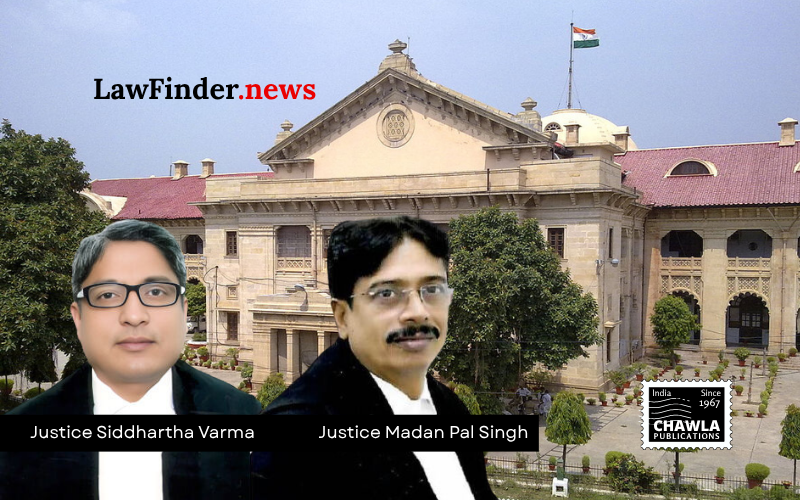Court rules in favor of Anupam Mittal, citing Section 79 of the IT Act, safeguarding intermediaries from liability for third-party actions.
In a significant judgment, the Allahabad High Court has quashed the First Information Report (FIR) against Anupam Mittal, the CEO of Shaadi.com, in a case involving allegations of extortion and obscenity facilitated through the platform. The division bench comprising Justices Siddhartha Varma and Madan Pal Singh ruled that the protection afforded to intermediaries under Section 79 of the Information Technology Act, 2000, applies to Mittal, thereby exempting him from liability for third-party actions on the matchmaking platform.
The case stemmed from an FIR lodged by a user of Shaadi.com who alleged that certain verified profiles on the platform engaged in obscene and lascivious acts, leading to an incident where the user was blackmailed by a profile named Monika Gupta. Despite raising the issue with Shaadi.com's customer service and contacting Mittal directly, the user claimed no action was taken, prompting the FIR.
The court examined the role of Shaadi.com as an intermediary under the IT Act and found that the platform had adhered to the due diligence requirements outlined in the Information Technology (Intermediary Guidelines and Digital Media Ethics Code) Rules, 2021. The judgment emphasized that intermediaries are not liable for third-party content unless there is active complicity or failure to act upon court orders or government notifications.
The court also noted that no specific allegations of dishonest intention or conspiracy were made against Mittal, and the company itself was not made a party to the proceedings. Citing precedents, including Lovely Salhotra v. State (NCT of Delhi) and Google India Private Limited v. Visaka Industries, the court underscored the necessity of an intermediary's protection to maintain the free flow of information on the internet without imposing undue censorship responsibilities.
Consequently, the court found no basis for the charges under Sections 384, 420, 507, 120-B of the Indian Penal Code and Section 67 of the IT Act against Mittal. The FIR, lodged on January 30, 2022, was quashed, and the writ petition filed by Mittal was allowed.
The judgment reaffirms the legal protections available to online intermediaries, ensuring they are not unfairly held accountable for actions beyond their control, thus balancing the interests of internet platforms and users.
Bottom Line:
Information Technology Act - Intermediaries are protected under Section 79(1) and (2) of the IT Act and cannot be held liable for third-party actions on their platform unless the provisions of Section 79(3) apply.
Statutory provision(s): Information Technology Act, 2000 - Section 79, Section 67; Indian Penal Code, 1860 - Sections 384, 420, 507, 120-B; Criminal Procedure Code, 1973 - Quashing of FIR.
Anupam Mittal v. State of U.P., (Allahabad)(DB) : Law Finder Doc Id # 2785122




